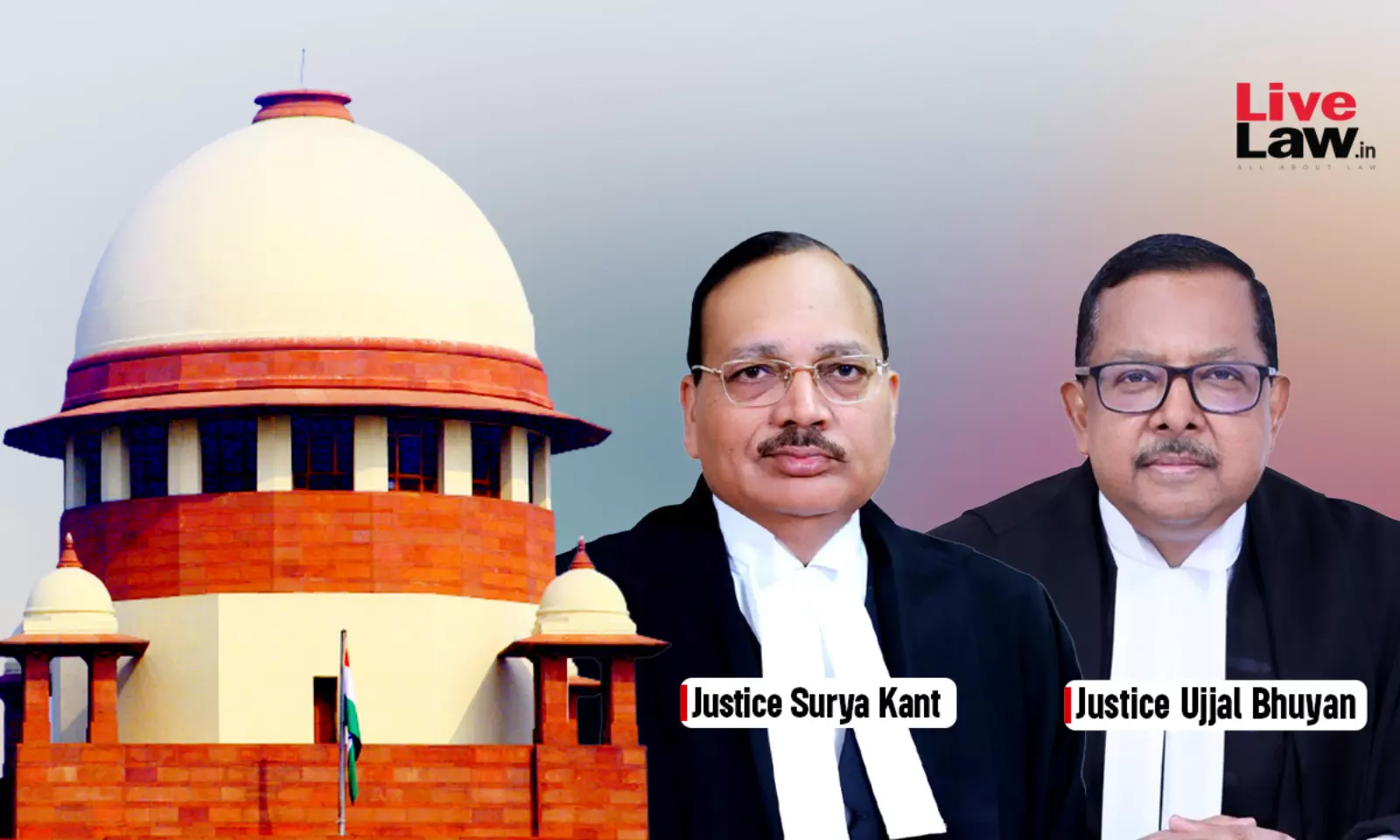 |
|
The Supreme Court of India recently delivered a landmark judgment highlighting the crucial distinction between elected representatives and appointed bureaucrats, condemning what it termed a 'colonial mindset' prevalent among administrative authorities. The case, Sonam Lakra versus State of Chhattisgarh and Ors., revolved around the illegal removal of a 27-year-old woman Sarpanch, Sonam Lakra, from her position as head of the Sajbahar Gram Panchayat in Chhattisgarh. The Chhattisgarh government, through its officers, removed Ms. Lakra citing delays in the execution of some construction projects under her purview. This action, the Supreme Court ruled, was arbitrary, high-handed, and fundamentally flawed in its understanding of the democratic process. The court's decision underscores a critical issue within India's governance structure, where a legacy of colonial administrative practices continues to impact the functioning of local self-governance.
The core of the Supreme Court's judgment rests on the assertion that elected public representatives, such as Sarpanches, possess a democratic legitimacy derived from the electoral process. This legitimacy, the court emphasized, fundamentally differentiates them from appointed public servants. The Court's observation that administrative authorities often fail to recognize this distinction is a damning indictment of the prevailing power dynamics. The judgment explicitly states that elected representatives are frequently treated as subordinates to bureaucrats, forced to comply with directives that infringe upon their autonomy and accountability. This 'misconceived and self-styled supervisory power,' as the court described it, serves to equate elected officials with civil servants, thereby undermining the democratic mandate they hold. The court further highlighted the inherent unfairness in holding the Sarpanch solely accountable for delays in construction projects, recognizing that such projects depend on numerous factors beyond the control of a single individual. The court noted that delays in construction often involve multiple parties like engineers, contractors and the weather.
The Supreme Court's decision to overturn Ms. Lakra's removal and award her Rs 1 lakh in compensation from the State of Chhattisgarh signifies a strong rebuke of the administrative authorities involved. The judgment serves not only as a victory for Ms. Lakra but also as a significant precedent for future cases involving similar conflicts between elected officials and bureaucrats. The case also touches upon the larger issue of gender discrimination in governance. The court specifically mentioned that it was distressing to witness such discrimination against women in positions of power, especially considering India's aspirations to become a global economic powerhouse. This underscores the fact that the issue isn't merely about bureaucratic overreach but also about systemic biases that marginalize women in political and administrative roles. The court's strong language, its clear articulation of the fundamental principles of democratic governance, and its award of compensation to Ms. Lakra collectively signal a firm stance against the erosion of democratic legitimacy at the local level.
The implications of this judgment extend beyond the immediate context of the case. It represents a significant step towards clarifying the relationship between elected representatives and administrative authorities within India's governance framework. It is a clear rejection of a hierarchical model inherited from colonial times where elected officials were treated as mere implementers of bureaucratic directives. This ruling calls for a fundamental shift in the mindset of administrative authorities, urging them to recognize and respect the democratic mandate of elected representatives. This requires a greater understanding and appreciation of the distinct roles and responsibilities of both elected officials and appointed bureaucrats. The case sets a precedent for ensuring that the voices and actions of elected representatives are not stifled by bureaucratic interference. Going forward, local bodies can expect a stronger protection against arbitrary actions of administrative authorities, reinforcing the principles of democratic governance and the empowerment of elected officials at the grassroot level.
The case also highlights the importance of judicial oversight in safeguarding democratic institutions. The Supreme Court’s intervention underscores its role as a guardian of fundamental rights and democratic principles. It demonstrates the judiciary’s commitment to upholding the principles of fairness, justice, and accountability within the administrative system. By emphasizing the significance of democratic legitimacy and challenging the colonial mindset, the court reinforces the importance of a strong and independent judiciary in ensuring good governance and upholding the rights of elected representatives. The landmark judgment serves as a potent reminder that the democratic process requires a balance of power, ensuring that elected officials can effectively serve their constituents without undue interference from bureaucratic authorities. The decision will undoubtedly have a lasting impact on the relationship between elected officials and bureaucrats throughout India, shaping the dynamics of local governance for years to come.
